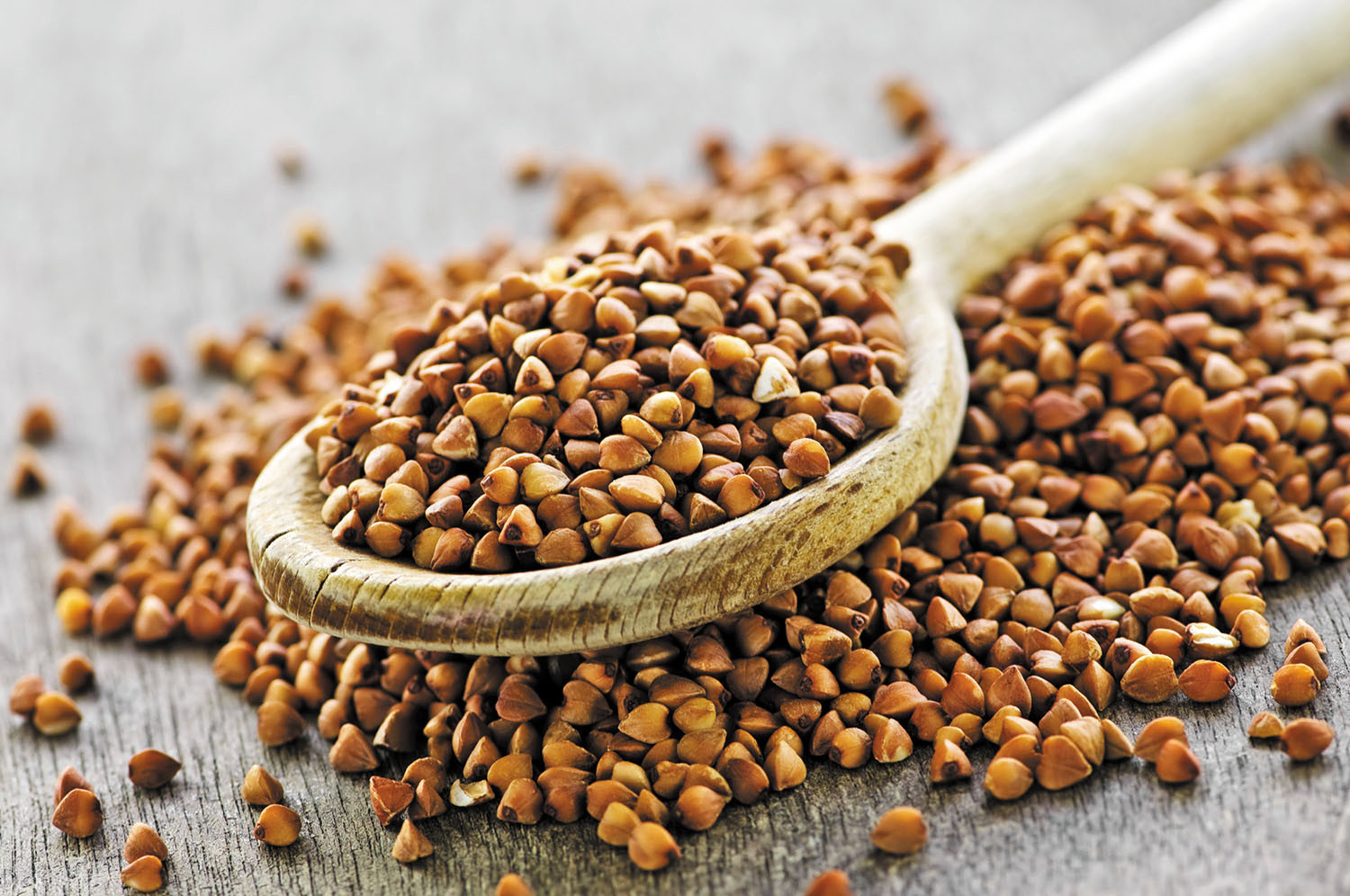Health Benefits of Buckwheat
What are the health benefits of buckwheat?
Buckwheat is a highly nutritious pseudo-cereal that offers several health benefits. Here are some key health benefits of buckwheat:
- Rich in Nutrients: Buckwheat is a good source of nutrients, including protein, fiber, vitamins, and minerals. It is particularly rich in manganese, magnesium, copper, and phosphorus.
- Heart Health: Buckwheat contains compounds like rutin and other flavonoids that may help improve heart health by reducing inflammation and lowering blood pressure. The fiber content in buckwheat also supports heart health by helping to lower cholesterol levels.
- Blood Sugar Control: Buckwheat has a low glycemic index, which means it does not cause a rapid increase in blood sugar levels. This makes it a suitable food choice for individuals with diabetes or those looking to manage their blood sugar levels.
- Digestive Health: The fiber content in buckwheat promotes healthy digestion by supporting regular bowel movements and feeding beneficial gut bacteria. This can help improve overall digestive health and reduce the risk of digestive issues like constipation.
- Weight Management: Buckwheat is relatively low in calories but high in fiber, making it a filling and nutritious food choice for individuals trying to manage their weight. The fiber in buckwheat helps promote satiety and reduce overall calorie intake.
- Gluten-Free: Buckwheat is naturally gluten-free, making it a suitable grain alternative for people with gluten intolerance or celiac disease.
- Antioxidant Properties: Buckwheat contains antioxidants like rutin, which help protect cells from damage caused by free radicals. These antioxidants may also help reduce the risk of chronic diseases like cancer and heart disease.
- Improved Skin Health: Some studies suggest that the antioxidants and anti-inflammatory compounds in buckwheat may help improve skin health and reduce the risk of skin conditions like eczema and acne.
- Nutrient Absorption: Buckwheat contains compounds that may help improve the absorption of certain nutrients, such as calcium and iron, which are important for overall health.
Overall, buckwheat is a nutritious and versatile food that can be enjoyed in a variety of dishes. It offers several health benefits and can be a valuable addition to a balanced diet.
What are the health risks of buckwheat?
Buckwheat is generally safe for most people when consumed in moderation as part of a balanced diet. However, there are some potential health risks associated with its consumption:
- Allergic Reactions: Some individuals may be allergic to buckwheat, particularly those with a sensitivity to other grains like wheat. Buckwheat allergy can cause symptoms such as itching, swelling, hives, or difficulty breathing in severe cases. People with a known allergy to buckwheat should avoid its consumption.
- Goitrogenic Effects: Buckwheat contains compounds called goitrogens, which can interfere with thyroid function in susceptible individuals. However, the goitrogenic effects of buckwheat are considered mild and are unlikely to cause issues unless consumed in very large amounts. Cooking buckwheat can help reduce its goitrogenic properties.
- Digestive Issues: Some people may experience digestive issues such as bloating, gas, or diarrhea when consuming buckwheat, especially if they are not used to consuming high-fiber foods. Gradually increasing the amount of buckwheat consumed and ensuring it is cooked properly can help reduce the risk of digestive discomfort.
- Pesticide Residues: Conventionally grown buckwheat may contain pesticide residues, which can pose health risks if consumed in large amounts. To minimize exposure to pesticide residues, it’s recommended to choose organic buckwheat when possible.
- Potential Heavy Metal Contamination: Buckwheat grown in contaminated soil may contain heavy metals such as cadmium and lead, which can be harmful to health if consumed in large amounts. Choosing buckwheat grown in clean, uncontaminated soil can help reduce the risk of heavy metal exposure.
Overall, buckwheat is a nutritious food that can be enjoyed as part of a healthy diet. However, individuals with allergies to buckwheat, thyroid issues, digestive issues, or concerns about pesticide residues should consume buckwheat with caution and consult with a healthcare provider if necessary.




